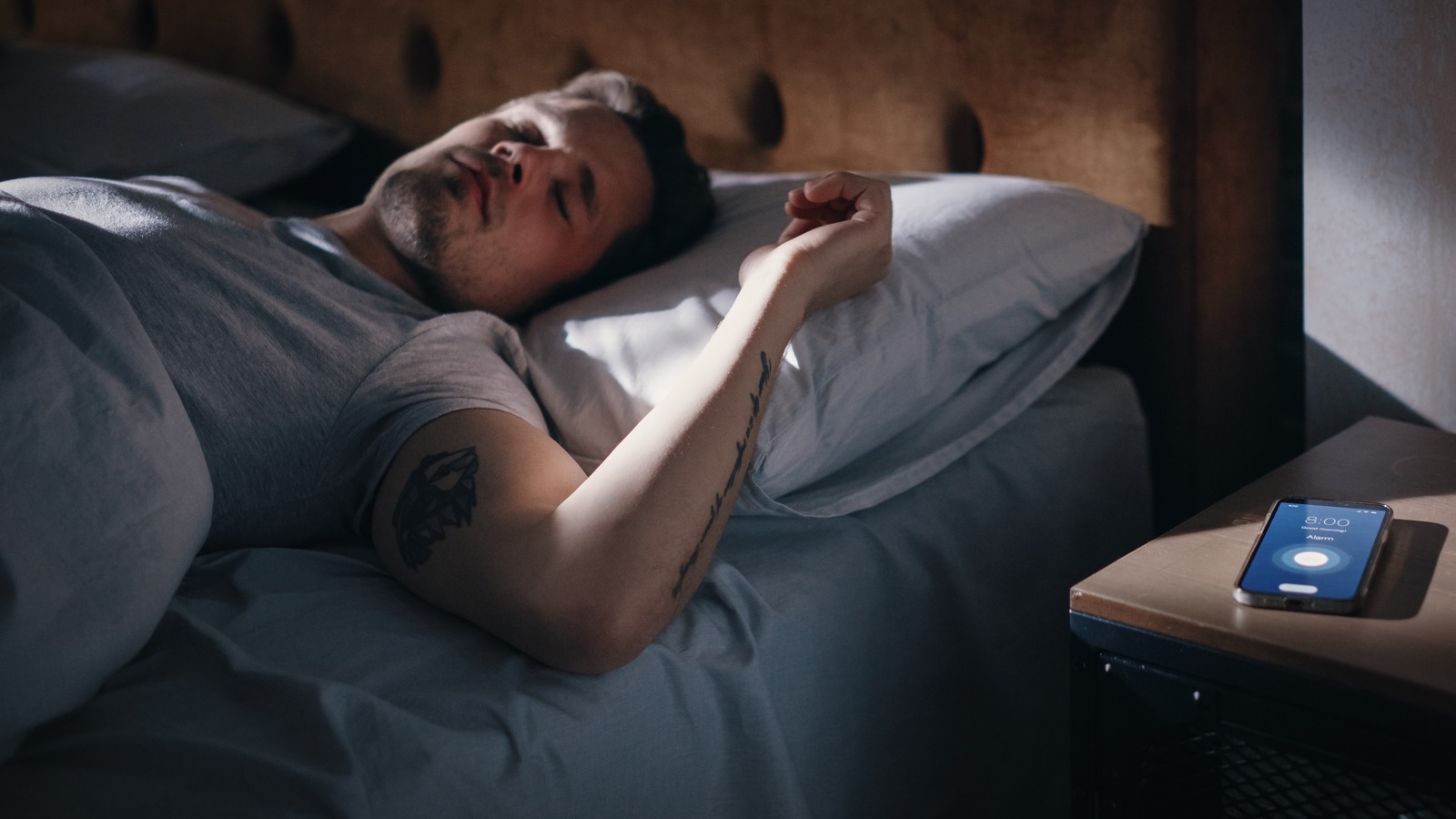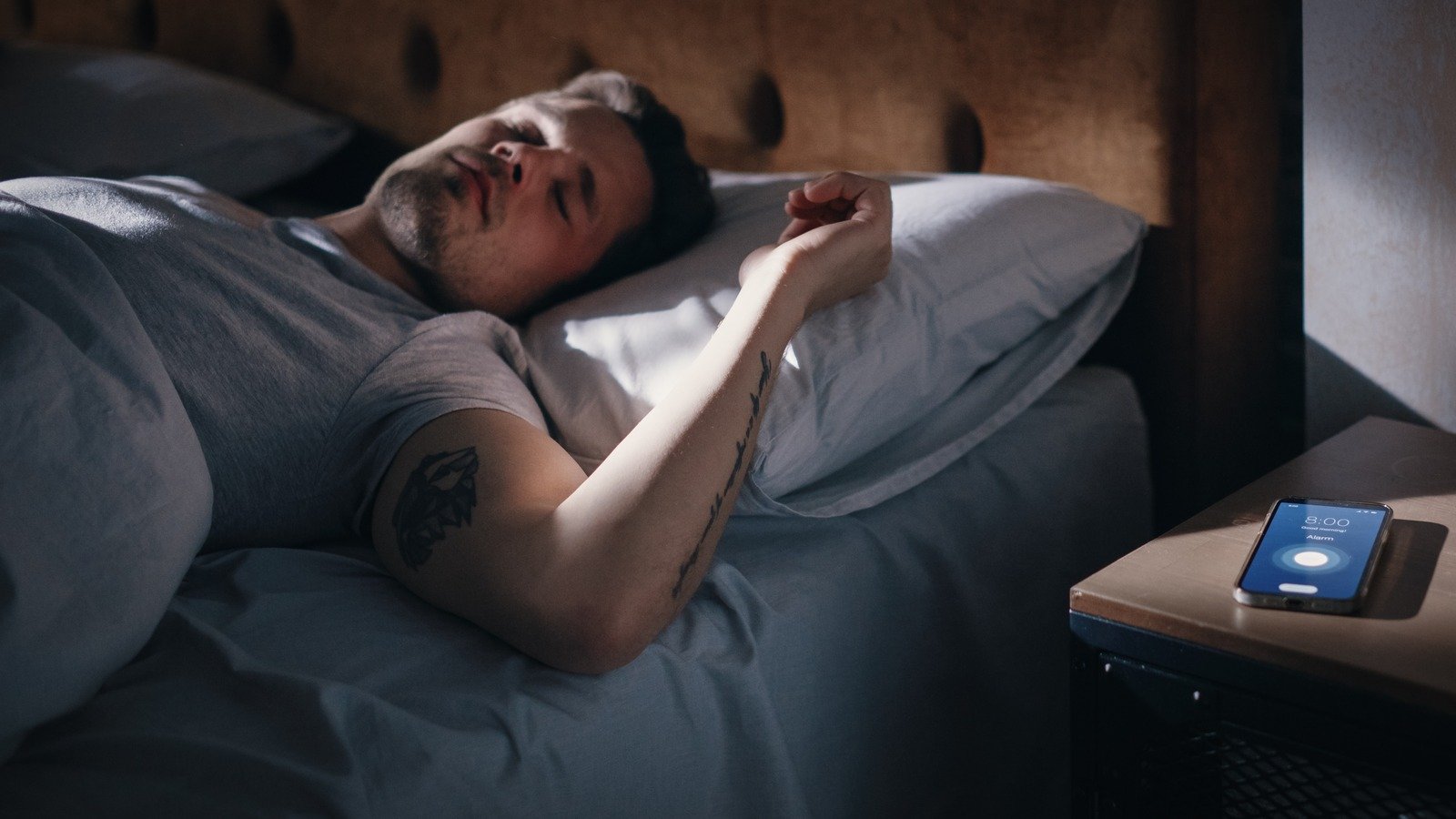[ad_1]

The Jacksonville Sleep Center explains that two circadian rhythm disorders with physiological causes are advanced sleep phase disorder (ASPD) and delayed sleep phase syndrome (DSPS).
People with advanced sleep phase disorder (ASPD) are often “early to bed early to rise” as they say. In other words, those with ASPD get extremely tired in the early evening and subsequently wake up much earlier than what would be considered the social norm. According to the 2013 edition of “Encyclopedia of Sleep,” these individuals tend to fall asleep between 6 p.m. and 9 p.m. and wake up anywhere between 2 a.m. and 5 a.m. (via Science Direct). However, extreme cases of ASPD have been documented including one in which a patient reported sleeping from 4 p.m. to 12 a.m. nightly. The Jacksonville Sleep Center notes that ASPD patients who manage to fall back asleep after waking are more likely to snooze through their morning alarm. Bright light therapy and behavioral changes can help treat this disorder, according to the Sleep Foundation.
People with delayed sleep phase syndrome (DSPS) have the opposite problem. These individuals often can’t fall asleep until much later into the night and therefore wake up much later into the day. Such was the case for a 15-year-old girl diagnosed with DSPS who regularly fell asleep at 5 a.m. and woke up at 1 p.m. (via Clinical Psychopharmacology and Neuroscience). People with DSPS have a particularly hard time waking up early, which may render an alarm clock useless. Light therapy, melatonin supplementation, and chronotherapy (gradually shifting your bedtime) may be helpful in treating DSPS (per Mayo Clinic).
[ad_2]
Source link
